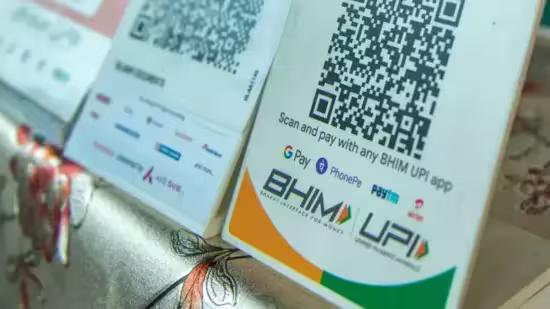
Title: Trinidad & Tobago becomes the first Caribbean nation to adopt UPI
In a significant development, Trinidad and Tobago has become the first Caribbean country to adopt Unified Payments Interface (UPI), India’s flagship digital payment platform. The adoption of UPI is a testament to the growing collaboration between India and the Caribbean nation, and it marks a major milestone in the digital payments landscape of the region.
The agreement to adopt UPI was reached during Prime Minister Narendra Modi’s two-day official visit to Trinidad and Tobago. The visit aimed to strengthen bilateral ties between the two countries, and the adoption of UPI was a significant outcome of the visit.
UPI is a popular digital payment platform in India, which enables users to make payments using a unique identifier rather than sharing their financial details. It has revolutionized the way people make payments in India, and its adoption has been instrumental in increasing financial inclusion and reducing the use of cash.
The adoption of UPI by Trinidad and Tobago is a significant development for the Caribbean region, which has been looking to upgrade its digital payments infrastructure. The region has been facing challenges in terms of financial inclusion, and the adoption of UPI is expected to improve financial access for millions of people.
The agreement to adopt UPI was reached during a meeting between Prime Minister Modi and his Trinidad and Tobago counterpart, Keith Rowley. The two leaders discussed ways to strengthen bilateral ties between the two countries, and they agreed to explore further collaboration in the implementation of India Stack solutions.
India Stack is a set of digital platforms developed by the Government of India to promote digital payments and financial inclusion. The platforms include DigiLocker, e-Sign, and Government e-Marketplace (GeM), among others.
The adoption of UPI by Trinidad and Tobago is expected to benefit the country in several ways. Firstly, it will improve financial inclusion by providing millions of people with access to digital payments. Secondly, it will reduce the use of cash, which is a major concern in the region. Cash is a major security risk, and its use is often associated with crime and corruption.
Thirdly, the adoption of UPI is expected to boost economic growth by promoting digital transactions. Digital transactions are faster and more efficient than cash transactions, and they are expected to reduce the cost of doing business in the country.
The adoption of UPI by Trinidad and Tobago is also expected to promote tourism in the country. The platform will enable tourists to make payments digitally, which will reduce the use of cash and make their travel experience more convenient.
In conclusion, the adoption of UPI by Trinidad and Tobago is a significant development for the Caribbean region. It marks a major milestone in the digital payments landscape of the region and is expected to improve financial inclusion, reduce the use of cash, and promote economic growth.
The agreement to adopt UPI is also a testament to the growing collaboration between India and Trinidad and Tobago. The two countries have agreed to explore further collaboration in the implementation of India Stack solutions, which is expected to promote digital payments and financial inclusion in the region.
As the world becomes increasingly digital, the adoption of UPI by Trinidad and Tobago is a step in the right direction. It will enable the country to keep pace with the changing global landscape and promote economic growth and financial inclusion.






